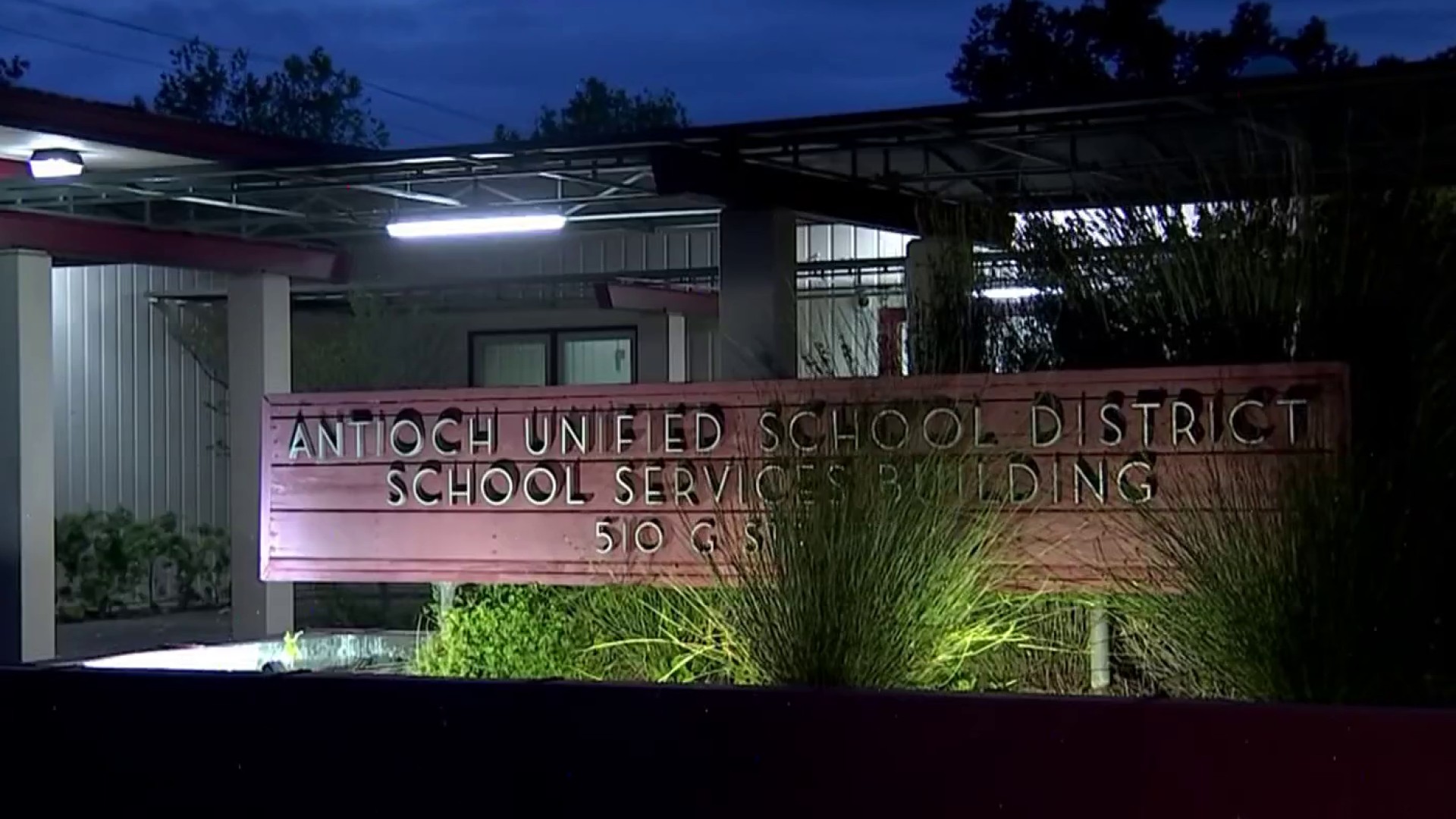Dr. Baldomero De Leon Jr. has practiced internal medicine for more than 30 years, currently working out of a second-floor office across the street from the John Muir Medical Center in Walnut Creek.
A graduate of the University of Washington’s School of Medicine, De Leon is certified for life by the American Board of Internal Medicine and is licensed by California’s medical board through 2014.
But De Leon has another distinction: His business is No. 1 on the corporate section of the Top 500 Delinquent Taxpayers released last week by the state Franchise Tax Board. The doctor owes more than $4.1 million in corporate income taxes, the board says.
When questioned Friday by a Bay Citizen reporter about his tax debt, the doctor said he didn’t have time to talk and threatened to call police.
“I’ve got patients waiting,” he said, gesturing to a patient sitting in one of four leather-backed chairs in a well-appointed waiting room.
The Franchise Tax Board’s effort to collect back taxes comes as California struggles with ongoing budget deficits. Gov. Jerry Brown is urging voters to pass Proposition 30, estimated to bring in $6.8 billion annually by raising sales and income taxes.
Despite the state’s desperate need for revenue, the tax board largely has been unsuccessful in collecting the $8 billion in delinquent income taxes it is owed.
Local
The tax board began highlighting tax deadbeats in 2007 by publishing a list of the top offenders and filing liens against their assets, which allows the board to collect payment when property is sold. To be placed on the list, an individual or business must have been notified by the tax board seven times and must owe more than $100,000.
Franchise Tax Board spokesman Daniel Tahara said the idea behind publicizing the names was to give delinquent taxpayers “motivation to get back into compliance.”
But in many ways, the list illustrates the limits of the collection effort. In the past five years, the board has collected $177 million from individuals and businesses on the list, many of whom have appeared numerous times.
The state Board of Equalization, which collects sales and use tax from businesses, publishes a similar top 500 list of delinquent taxpayers, updated quarterly. The companies on the board’s latest list owe the state more than $580 million. Since 2007, the board has collected $5.8 million.
Many tax debtors have gone bankrupt, making it difficult for the state to collect what it is owed. Others have quietly dissolved their tax-burdened companies and formed new entities under different names. Some have avoided the state’s liens by keeping their money in out-of-state banks beyond the board’s jurisdiction.
Mark Gergen, a professor at the UC Berkeley School of Law who studies federal income tax and tax shelters, questioned the value of publicly humiliating tax debtors when many do not have the means to pay their debt.
“I suspect a lot of these companies are beyond despair. Some of them simply can’t pay,” Gergen said. “If somebody goes bankrupt, they are already embarrassed. If you want to have this public disclosure as a way of embarrassing people, you aren’t doing a big service by adding them to this list.”
The Franchise Tax Board says it is stepping up collection efforts by searching for bank accounts and seeking to suspend the driver’s licenses and professional licenses of tax debtors. Some tax debtors have had their professional licenses revoked, but so far, no one on the list has lost a driver’s license.
In some cases, Tahara said, the board has received tips from callers angered that the same names appear repeatedly on the list.
“Obviously, it’s not perfect,” he said. “But it’s a start.”
In the case of De Leon, Tahara conceded, the Franchise Tax Board’s approach has not worked.
The Walnut Creek doctor has been at or near the top of the board’s corporate income tax list since April 2010. With penalties and interest steadily growing, his tax debt has nearly doubled since the board placed a lien on his practice in 2009.
The state has not attempted to revoke his medical license because it is a personal license and his taxes are owed by his company.
Laura Lambert, who works in De Leon’s front office, said that while the doctor was “certainly aware” of his debt, he did not have plans to pay it back.
Second on the Franchise Tax Board’s list of delinquent companies is Hocopar Inc. in Saratoga, one of several companies owned by real estate investor and developer Kimball Small. The company owes nearly $2.3 million and was suspended by the tax board, so it can no longer legally conduct business in California until its debt is resolved. Attempts to reach Small were unsuccessful.
Home health care company Caresystems Inc. in Vacaville is third on the list with a tax debt of more than $1.9 million. While the secretary of state lists Caresystems as having dissolved, CEO Anthony Thekkek runs a nursing home company – Thekkek Health Services Inc. – from the same address, an employee confirmed last week.
Thekkek did not return phone calls seeking comment. Thekkek’s nursing home company was among five nursing home chains that were sued in Alameda Superior Court for allegedly understaffing its facilities; Thekkek’s company and its subsidiaries agreed to pay $6 million to settle the suit last year.
View this story on Bay Citizen
This story was produced by The Bay Citizen, a nonprofit, investigative news sources in the Bay Area and a part of the Center for Investigative Reporting. Learn more at www.baycitizen.org.



